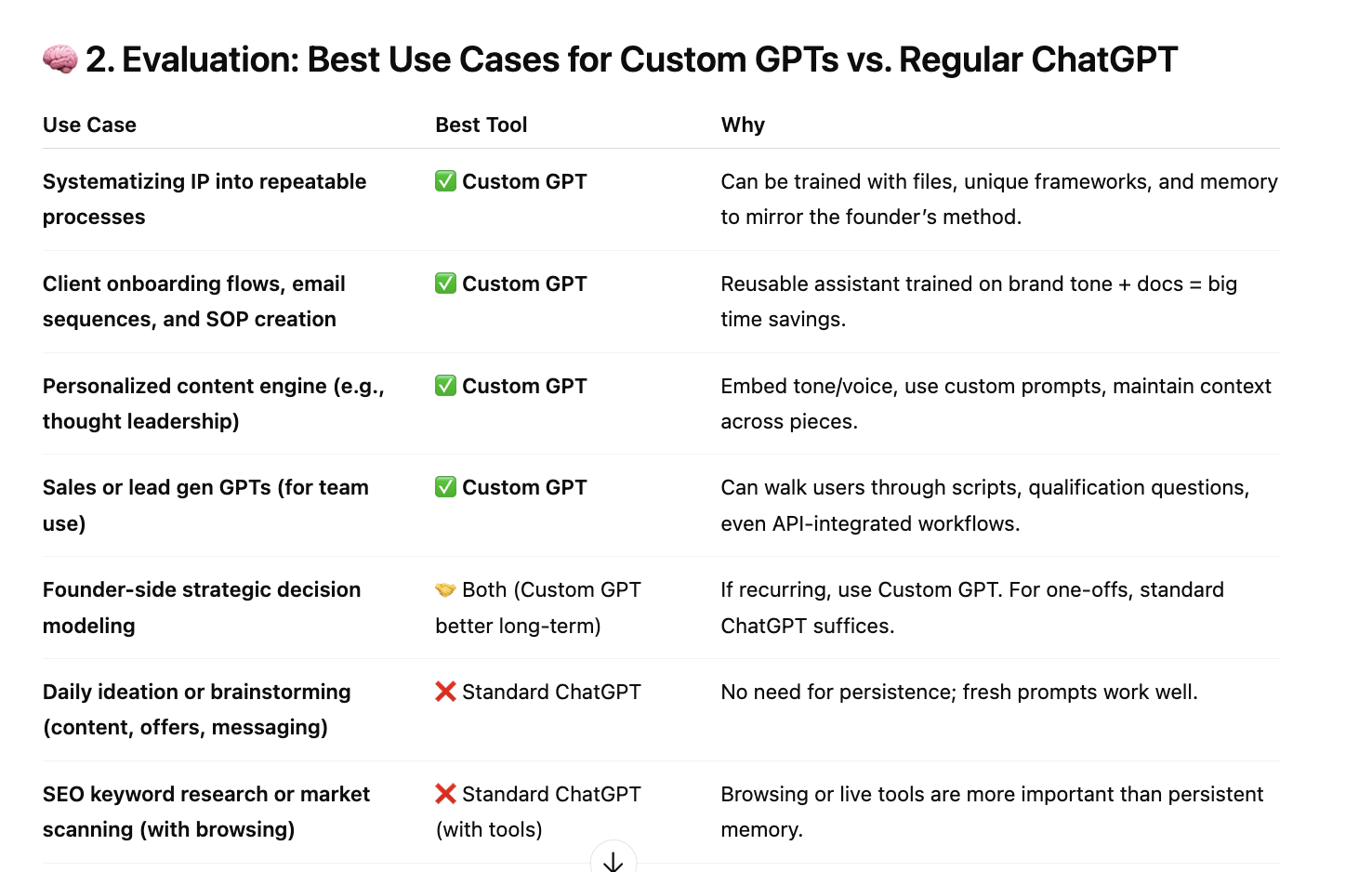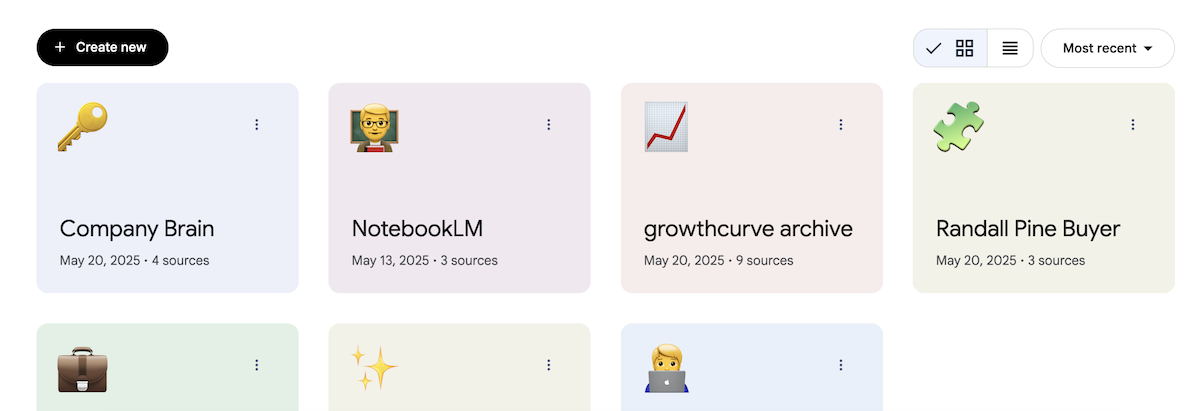Here's the bottom line: The length of your prompt is often inversely related to the scope of the prompt. The more information we feed into a generative AI conversation, we don’t expand the scope — we actually narrow it.
Shorter prompts are typically broader and less specific. They allow for a wider range of responses because they provide less detail and fewer constraints.
If I tell you to “Write 5 paragraphs,” you could write just about anything: A book report. A persuasive essay on current events. A short story.
Longer prompts usually contain more specific information and instructions, which narrows down the scope of possible responses by focusing on more detailed aspects or requirements.
If I tell you to “Write a 5-paragraph essay comparing and contrasting the recommended fitness programs for strength training and hypertrophy training at a 10th-grade reading level, using the following sources…,” I’ve expanded my prompt — and substantially narrowed the scope of the task.
(This is true for human-to-human assignments, but also holds up because of the way Large Language Models work. It’s like a giant game of word association.)

All that to say, with the longer prompt I’ll get something much closer to what I want — a comparison of two fitness programs, and not a sci-fi short story. (Though I wouldn’t be mad about it. 👽)
In short, longer prompts typically:
✔️ Narrow your scope
✔️ Increase accuracy
✔️ Improve quality
How do you narrow it? Include things like:
- Role
- Task
- Target audience
- Format
- Tone
- Examples
- Templates
- Step-by-step instructions
- Dos
- Don’ts
- etc.
There's plenty of disagreement over whether there’s a 100% “right” way to prompt. But think of it like expectation setting: Include any details that will better inform the model of what you’re *expecting* to see in the output.
The next time you write a prompt, ask: Is the information you're providing going to expand the scope of your assignment, or narrow it?
Get a free template to organize your company's generative AI prompt library.
Not having a well-organized prompt library could lead to:
- Lost knowledge. If you can't find it, you can't use it. And if you can't use it, you can't replicate it.
- Redundancies. Multiple copies of the same or similar prompts creates inefficiency and undermines version control.
- Information silos. By controlling the repository of prompts and versions, everyone's work gets better.
- Compliance breaches. Unmanaged prompts can threaten your company with the exposure of confidential information or the creation of harmful or biased work.
Use our free prompt library template to get started.






